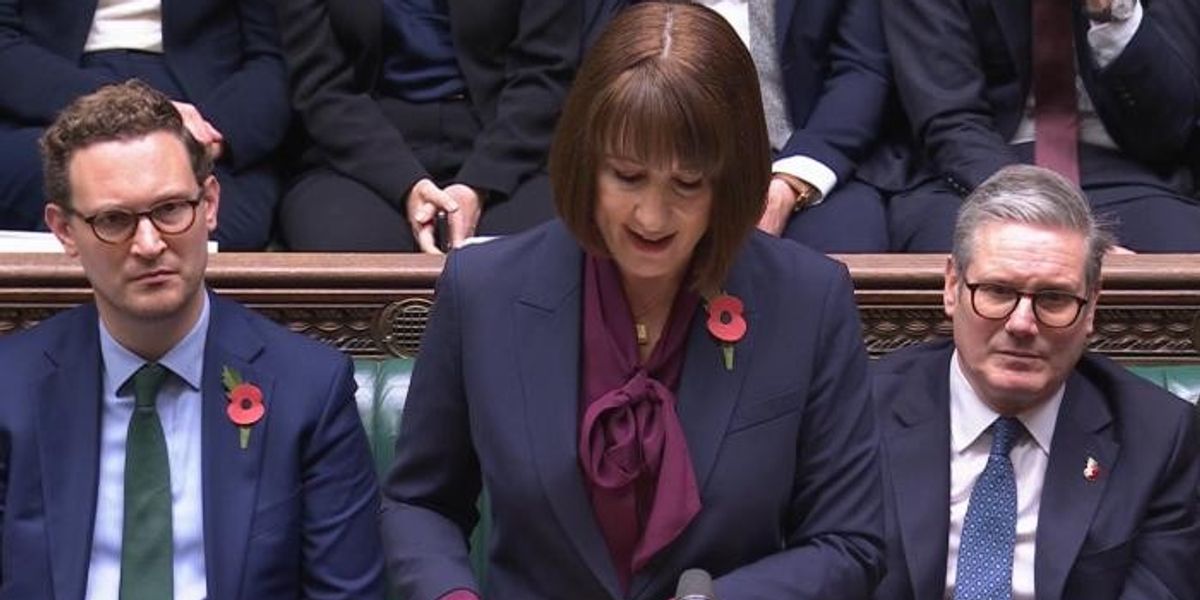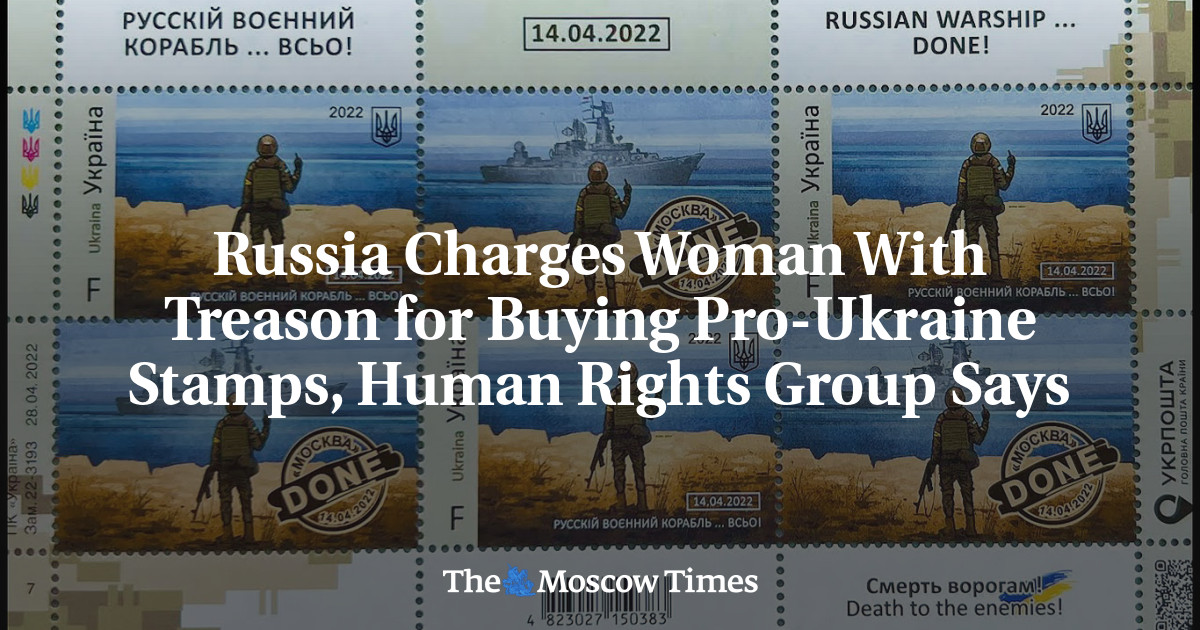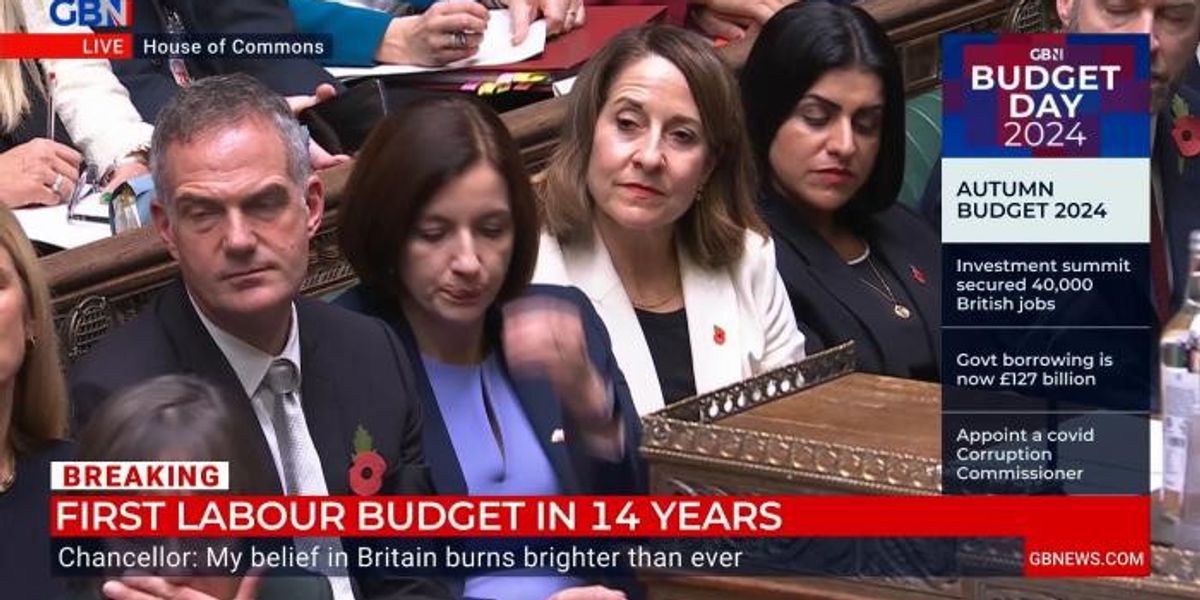With concern mounting over the 10,000 North Korean soldiers reportedly sent to Russia, North Korea’s foreign minister went to Moscow while Russia’s deputy foreign minister was in Beijing.
Amid reports that some 10,000 North Korean soldiers have been sent to Russia, North Korea’s Foreign Minister Choe Son Hui arrived in Russia for bilateral meetings. The presence of North Korean soldiers in Russia has sparked alarm from Seoul to Washington and beyond, raising fears of escalation in both the Russia-Ukraine war and the frozen conflict on the Korean Peninsula.
On October 17, Ukrainian President Volodymyr Zelenskyy warned that 10,000 North Korean troops were set to be deployed to join Russia’s fight against Ukraine. Since then, a steady stream of official releases and media reports from South Korea, the United States, and Europe have confirmed the presence of a large number of North Korea soldiers in Russia – albeit not yet at the frontlines near Ukraine.
According to the United States, “North Korea has sent around 10,000 total soldiers to train in eastern Russia,” presumably with the intent to deploy them “in combat or to support combat operations against Ukrainian forces in Kursk near the border with Ukraine.” While the details are vague on the North Korean soldiers’ precise location, the U.S. State Department said at least some of them were moving west, closer to Ukraine.
In response, South Korea’s government has warned that it was considering sending weapons to Ukraine, with a national security official saying, “We will not sit idly by in the face of further military collusion between North Korea and Russia.”
The reports of troop deployments represent yet another step in the rapid development of North Korea-Russia military cooperation, which began with the provision of North Korean weapons and ammunition to Russia. South Korean experts warned that Pyongyang might be receiving defense assistance, especially with its military satellite and ballistic missile programs, in return.
The collaboration between the two militaries was formalized in a full-fledged mutual defense treaty during Russian President Vladimir Putin’s visit to Pyongyang in June. On October 24, the lower house of Russia’s parliament officially ratified the treaty.
Meanwhile, North Korea’s foreign minister left for Russia on October 28, North Korean state media reported. Pyongyang provided no further details, but Russia’s Foreign Ministry spokesperson Maria Zakharova confirmed that Choe was “coming to Moscow on an official visit to hold strategic consultations with Russian Foreign Minister Sergei Lavrov.”
South Korea’s intelligence agency told the legislature that “Choe may be involved in high-level discussions on sending additional troops to Russia and negotiating what the North would get in return,” the Associated Press reported, citing a South Korean lawmaker who attended the hearing.
Even while Choe was in Moscow, Russia’s deputy foreign minister, Andrey Rudenko, was in Beijing, where he met with Wang Yi on October 30. While China has attempted to downplay any trilateral security partnership between itself, North Korea, and Russia, the timing of the visit suggests that North Korea was a topic of discussion, if not a subject of coordination between Rudenko and Wang.
China’s Foreign Ministry spokesperson, Lin Jian, repeatedly refused to provide any details on the Rudenko-Wang meeting despite repeated questions. His only comment was: “China’s position on the Ukraine crisis is consistent.”
A readout of the meeting provided by China’s Foreign Ministry provided a few more details. Most of the summary conveyed the men’s general praise for the state of China-Russia relations, which were said to be enjoying “the best period in history” while driven by “inevitable historical logic.”
At the end of the readout, the ministry mentioned that Rudenko and Wang “exchanged views on the Ukraine crisis and other issues.” North Korea was not specifically mentioned.
However, on October 28 Rudenko had held talks with Liu Xiaoming, China’s special representative for Korean Peninsula affairs. North Korea issues featured heavily in that discussion, although there was no public mention of its security cooperation with Russia, much less troop deployment.
Instead, the Russian Foreign Ministry said, Rudenko and Liu “expressed deep concern over rising regional tensions, attributing the cause to the dangerous increase in joint military activities by the U.S. and its allies, as well as their formation of military-political alliances that compromise the security of other Northeast Asian countries.”
The two pledged to “continue close coordination and dense interaction, including within the U.N., in the interests of creating a fair system of indivisible security on the Korean Peninsula and in Northeast Asia,” the ministry said.
China has repeatedly refused to comment on the reported deployment of North Korean troops to Russia to take part in the Ukraine war. “I have nothing to share. China’s position on the Ukraine crisis and the Korean Peninsula issue is consistent,” Lin said on October 30.
The day before that, when asked about North Korean troops in Russia, Lin said that “China calls for all parties to deescalate the situation and strive for the political settlement of the Ukraine crisis. This position remains unchanged.”
Lin previously refused to confirm the reports of a North Korean deployment to Russia, saying “China does not have information on that.”
This attitude reflects Russia’s own circumspection, which has ranged from outright denial to implicit confirmation. During the BRICS summit, Putin, when asked about satellite images showing North Korean troops moving in Russia, mused, “Images are a serious thing. If there are images, then they reflect something.” He then pivoted to denouncing the presence of NATO officers in Ukraine, a leap of logic that might be read as justification for Russia’s (still officially unconfirmed) embrace of a North Korean military presence.
The U.S. State Department said it had discussed the matter with China. “We have communicated with the PRC about this matter to make clear that we are concerned about it, and that they ought to be concerned about this destabilizing action by… two of its neighbors, Russia and North Korea,” State Department spokesman Matthew Miller said in a press briefing on October 28.
On October 31, the United States will host South Korea’s foreign and defense ministers for the annual “2+2 meeting,” presumably with North Korea-Russia security cooperation set to dominate the agenda.

 By The Diplomat | Created at 2024-10-30 17:19:11 | Updated at 2024-11-06 03:28:56
6 days ago
By The Diplomat | Created at 2024-10-30 17:19:11 | Updated at 2024-11-06 03:28:56
6 days ago








